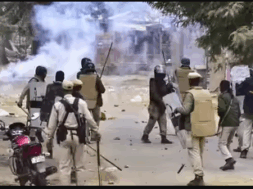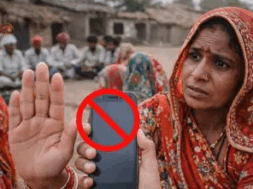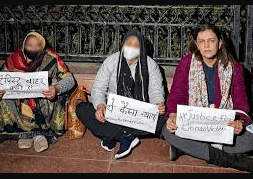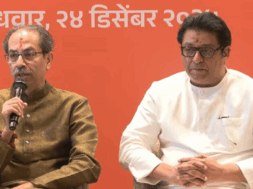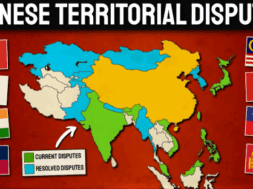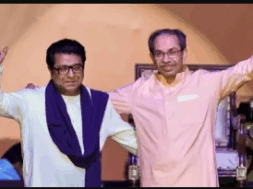
Manas Dasgupta
NEW DELHI, Oct 23: The Chief Justice of India DY Chandrachud on Wednesday bowed out of hearing on the criminalisation of marital rape case and directed it to be listed before another bench because the arguments would not be concluded in the “foreseeable future.”
The bench headed by the CJI and also comprising Justices JB Pardiwala and Manoj Misra decided against continuing hearing on the petitions seeking to strike down the exceptions in Section 375 of the Indian Penal Code (IPC) and Section 63 of the Bharatiya Nyaya Sanhita (BNS), since a decision in the case cannot be rendered before the Chief Justice’s retirement on November 10, 2024. Accordingly, the matter was directed to be listed before a new bench after four weeks.
Exception two of Section 375 (rape) of IPC excludes non-consensual sexual intercourse by a husband with his wife, if the latter is over 15 years of age, from the definition of rape. A similar Exception in Section 63 (rape) of BNS rules out forced sexual intercourse by a man with his wife, aged over 18 years, as rape. The petitions seek to strike down Exception 2 of Section 375 of Indian Penal Code and section 63 of BNS.
However, a recent affidavit filed by the Centre said the punishment of non-consensual sexual acts in a wedlock and categorising it as rape would impact conjugal relationships and lead to “serious disturbances” in the institution of marriage. Opposing such contention, senior advocate Karuna Nundy, who represented the All India Democratic Women’s Association and opened the case for the petitioners, said, “Protecting a married woman from rape would not destroy the institution of marriage. Marriage is personal and not institutional… Sexual choices and consent are essential attributes of autonomy.”
After lawyers on both sides, including senior advocates Gopal Sankaranarayanan, Indira Jaising, Rakesh Dwivedi, and Solicitor General Tushar Mehta, inform the court that they need a day each for oral arguments, the Chief Justice said there would be no point in this Bench hearing the case further if arguments were not completed this side of the Diwali holidays which are set to commence from October 28 with October 25 being the last working day before the court reopens on November 5 after the Diwali vacation. The matter will be heard by a new Bench. However, CJI Chandrachud will not be a part of the new Bench owing to his retirement on November 10.
The Chief Justice-led bench adjourned the matter for four weeks. A new bench to be constituted by Justice Chandrachud’s successor will hear the matter after that. The hearing in the matter had started on October 17.
The newly-implemented Bharatiya Nyaya Sanhita grants immunity from prosecution to a husband for rape if his wife is not a minor. Under the new law, exception 2 to Section 63 (rape) says “sexual intercourse or sexual acts by a man with his own wife, the wife not being under eighteen years of age, is not rape.”
The Centre has told the court that there was no need to criminalise marital rape and that it was not within the court’s purview to take this decision. The government has said the marital rape issue was more a social issue than a legal one as it will have a direct impact on society. The Parliament, the Centre has argued, has provided several measures to protect the consent of a married woman within marriage.
It had also said the sexual aspect was one of the many aspects of the relationship between a husband and wife on which the foundation of their marriage rests. If the legislature was of the view that the protection of the institution of marriage was essential, it would not be appropriate for the court to strike down the exception, the Centre has said.
The petitions were triggered by decisions from Karnataka and Delhi High Courts, requiring an authoritative pronouncement from the apex court. The Karnataka High Court had held that a husband was liable to be charged for rape of rape if he had forcible sex with his wife. The Karnataka government had supported the High Court judgment in an affidavit in the apex court subsequently.
On an identical issue, a Division Bench of the Delhi High Court had in May last year delivered a split verdict. Justice Rajiv Shakdher, who headed the two-judge Bench, had struck down as unconstitutional the Exception two to Section 375 of the Indian Penal Code (IPC), while Justice C. Hari Shankar, the associate judge on the High Court Bench, had rejected the plea to criminalise marital rape, noting that any change in the law should be carried out by the legislature since the issue required consideration of various aspects, including social, cultural and legal.

